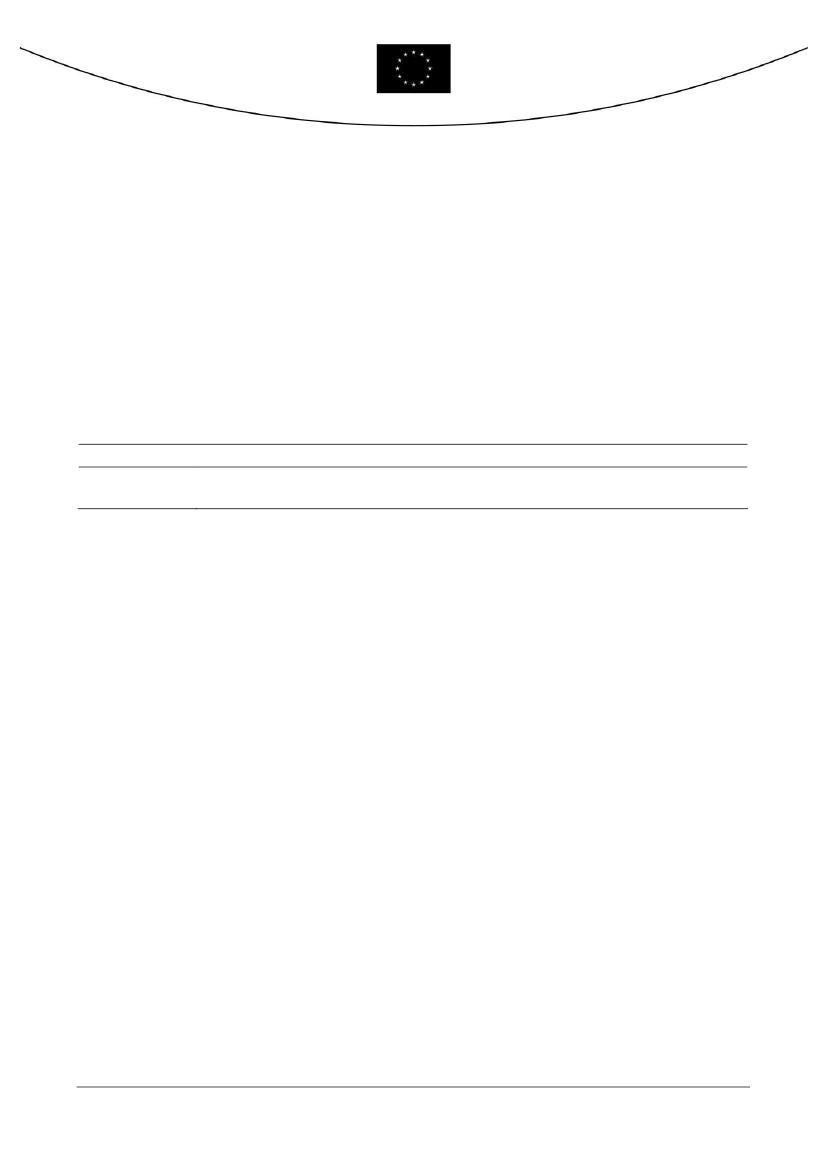
COUNCIL OF
THE EUROPEAN UNION
Brussels, 17 December 2003
16177/03
POLGEN 90
NOTE
from :
Subject :
Presidency
Programme of the Irish Presidency of the Council of the European Union
(1 January to 30 June 2004)
Delegations will find attached the programme of the Irish Presidency: "Europeans - working
together".
________________________
16177/03
DQPG
1
EN